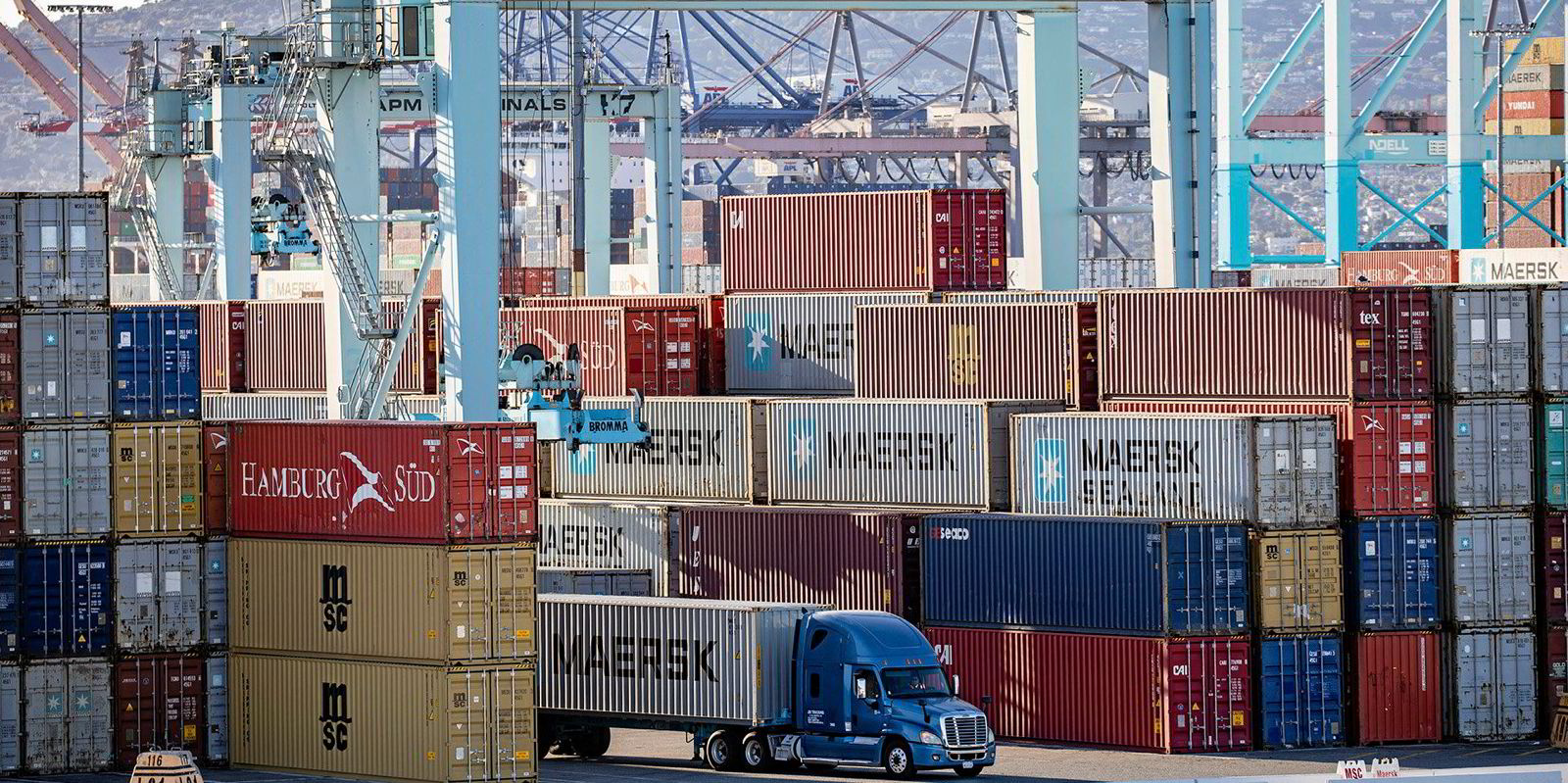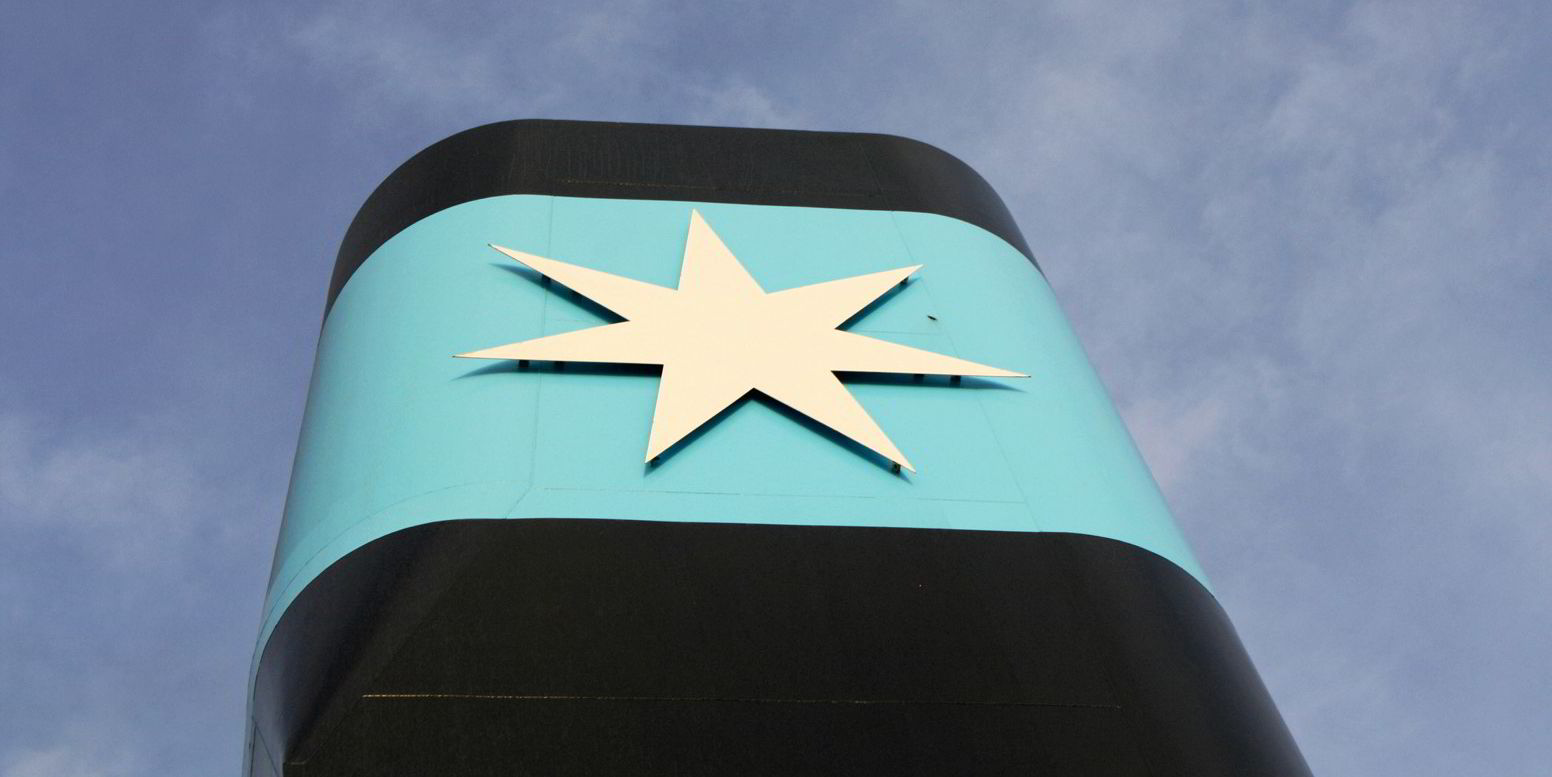A cocktail of factors will keep container freight rates high for at least the first half of the year, meaning the sector will earn more than expected, according to HSBC Global Research analysts.
The Hong Kong-based team believes that upward revisions of earnings estimates are "inevitable" due to "the new reality that supply chain congestion could stay with the sector for longer than expected".
Congestion is expected to persist at least for the first half of 2022, the analysts argue.
They said the widespread Omicron variant has added further uncertainty to the lifting of Covid-19 containment measures at ports.
The early rush of shipments ahead of the Chinese Lunar New Year on 1 February will also make the first quarter a busy period.
And inventories still remain well below pre-pandemic levels in the US, supporting imports after Chinese New Year, they added.
Further disruption could be generated by upcoming contract negotiations between labour unions and ports on the US west coast.
"We see sustained tightness in the freight market, keeping freight rates elevated for longer," analysts Parash Jain, Deepak Maurya and Bruce Chu wrote in a note.
Contract rates
Long-term contract rates already reflect the supply-and-demand dynamics, they said.
Contract rates in late 2021 were up to 50% higher on major trade lanes compared with mid-2021, which "implies significant upside to consensus earnings estimates".
Container freight rates hit new highs in the traditionally slack fourth quarter of 2021.
The Shanghai Containerized Freight Index, which tracks freight rates from ports of origin in China, broke through the 5,000 mark for the first time at the end of December, up 75.8% over the year.
Average rates in the fourth quarter of 2021 were 8% higher than the third quarter, implying strong earnings even after the spectacular performance through the year.
The analysts noted that China's strict zero-Covid policy is leading to tighter measures in ports.
However, liner operators reported that Covid-related issues in the Beilun district of Ningbo have not so far had a serious impact, with terminals operating as normal.






